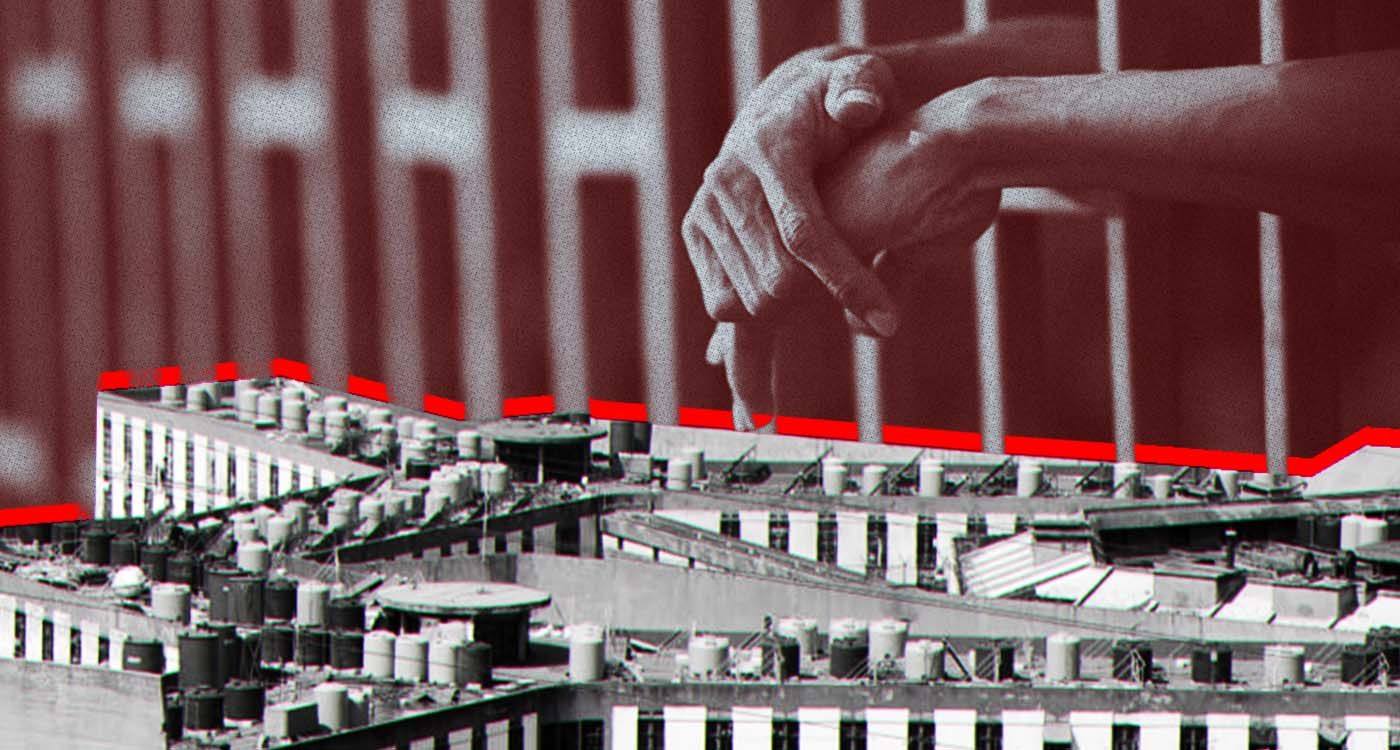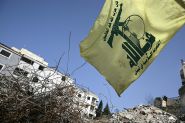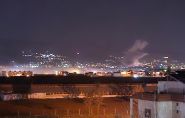
In a secluded corner of Roumieh Central Prison lies the infamous Block B, better known as the “terrorism block.” It houses nearly 500 detainees, most of them radical Islamists facing terrorism-related charges.
With the fall of the Assad regime, the issue of Syrian Islamist prisoners in Lebanon has resurfaced, as armed groups and tribal networks renew pressure for their release.
On August 17, 2025, an internal Lebanese Army document warned that Syrian militants near the border were preparing to kidnap Lebanese soldiers in east and northern Lebanon to exchange them for Islamist detainees. Sources in Damascus denied endorsing these threats, describing them as pressure tactics unlikely to materialize.
This is not the first time demands have been raised. On August 9, families of the detainees staged a sit-in at the Jousieh crossing, calling for their release and better prison conditions. Days later, inmates inside Roumieh protested by burning mattresses, blocking doors, and rejecting meals. Earlier in February, more than 100 detainees launched an open-ended hunger strike.
The Status of Syrian Detainees
According to official figures, around 150 of Roumieh’s detainees are Syrian Islamists in pre-trial detention, who have been incarcerated for periods ranging between five to twelve years. Most were arrested between 2011 and 2017, when groups like Jabhat al-Nusra and ISIS were most active.
Judicial delays, overcrowding, and political hesitation have left dozens without trial for years.
Roumieh itself is emblematic of the problem. Designed for 2,800 inmates, it currently holds over 6,000, operating at 250% of its capacity. To ease pressure, Interior Minister Ahmad Hajjar reopened Roumieh’s special courtroom on June 3, 2025. Originally established in 2012 to handle Islamist cases, it had been closed a year later due to poor conditions and administrative bottlenecks. Since its reopening, however, only a handful of hearings have been held.
Why the Delays?
Several factors have stalled trials:
Judicial paralysis: The 2019 economic crisis slashed judges’ salaries by nearly 90%, prompting resignations and strikes. The COVID-19 pandemic further paralyzed court activity.
Case complexity: Complex terrorism-related trials are slow-moving and often deprioritized in favor of routine cases.
Fear of retaliation: Judges remain wary of repercussions to their verdicts after the 1999 Sidon court massacre, when four magistrates were assassinated after ruling against Osbat al-Ansar, an al-Qaeda-linked group.
Defense tactics: Lawyers for detainees frequently prolong proceedings, hoping for a future general amnesty that would erase sentences, especially life sentences and capital punishment.
Amnesty, Transfer, or Continued Detention?
Under Lebanese law, notably Article 30 of the Criminal Code, crimes committed on Lebanese soil, such as bombings or attacks on soldiers, must be tried domestically. Extradition is only possible if the offense occurred abroad or under a binding treaty.
This means most Syrian Islamists in Roumieh cannot be transferred. At best, only a small number whose crimes are strictly Syria-related could be considered for repatriation.
As of now, the Syrian government has not formally requested the release of its nationals from Roumieh. But with rising tribal threats, family protests, and mounting prison unrest, the fate of these detainees is becoming a pressing security issue.
Beirut has expressed willingness to sign a treaty with Damascus to repatriate Syrian convicts, provided they are not charged with terrorism or the killing of Lebanese soldiers. But officials remain cautious: even if released to Syria, many detainees could join extremist groups beyond Damascus’s control, risking renewed instability in Lebanon, particularly given the presence of over one million Syrian refugees across its regions.
In other words, the detainees might not remain under Syrian state control, and their actions could further destabilize Lebanon, already reeling from economic, social, and political crises.




Comments